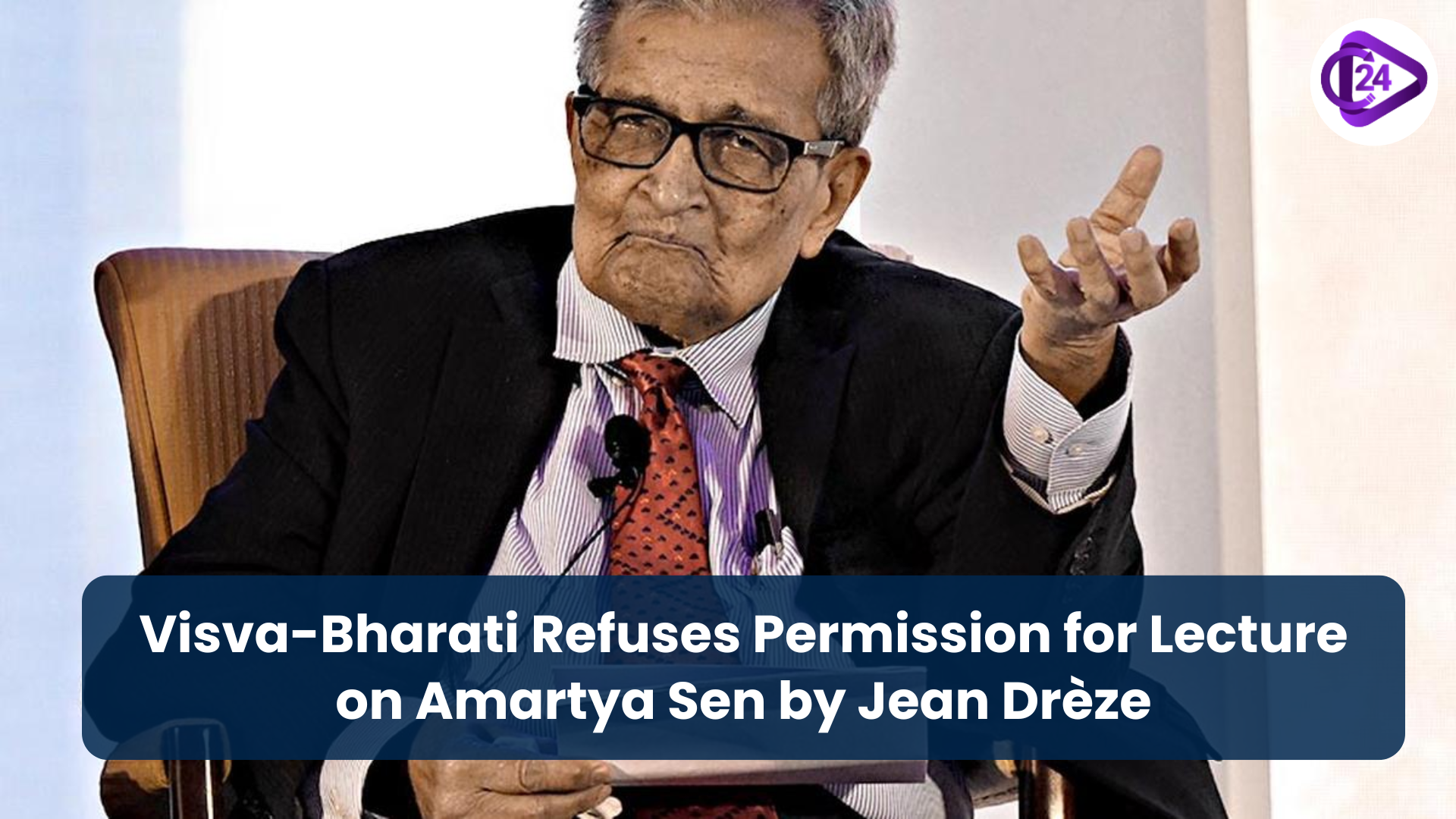
Nobel laureate Jean Drèze, an economist was denied permission to give a lecture on the topic entitled Amartya Sen: Praise and Criticism at Visva-Bharati University in the state of West Bengal in India, India on August 14, 2015 in Visva-Bharati University library. This was coordinated by the magazine Anustup and the Department of Economics and Politics and A.K. Dasgupta Centre for Planning and Development. Officials at the university gave the reason for a conflict with the Rabindra Saptaha heritage lecture, but dozens of professors were opposed to it. The lecture intensively took place later in an enclosed auditorium. The debacle has invoked a debate over the institution of academic freedom and the operations of an old university.
Context
-
Institutional Autonomy vs. Administrative Control- The rejection brings to light the tensions existing between bureaucratic subjugation and freedom of academics in central universities.
-
Legacy of Amartya Sen- Having won a Nobel and being the son of Santiniketan, Sen has a legacy of intellectual work that has a symbolic legacy to the institution.
-
Recent Developments - the decision to get the chairperson of A.K. Dasgupta Centres off the official post is a sign of administrative stringence the university is going through.
Key Points
Official Explanation
-
University PRO added that: no two events can be allowed to take place at the same time as heritage events.
-
Critics claimed that the denial was representative of unreasonable restrictions, and institutional insecurity.
Repercussions
-
Inspired outrage within the academic community, and challenged intellectual boundaries.
-
Notice was given by the University to withdraw Apurba Kumar Chattopadhyay as a chairperson of the A.K. Dasgupta Centre.
Key Facts Visva-Bharati:
-
Rabindranath Tagore established it in 1921, at Santiniketan in West Bengal.
-
In 1951 it became Central University by an Act of Parliament.
-
It has been accepted by UNESCO as a peculiar cultural-educational experiment regarding open-air education and interdisciplinary research.
-
Institutes in fine Arts, music, Asian studies, languages, humanities are known.
-
Architectural legacy: Kalo bari, Master moshai studio, cheena and hindi Bhavan murals.
-
The university is scheduled to be the first Living Heritage University in the world.
Conclusion
The rejection of Drèze from his lecture is reflective of the conflict between maintenance of heritage and free higher education in Visva-Bharati. Being the first living heritage university in India, the credibility of it lies in the balance between the cultural heritage of today and the intellectual open debate. The case shows that the central universities ought to be open places where free thought and discussion are encouraged.



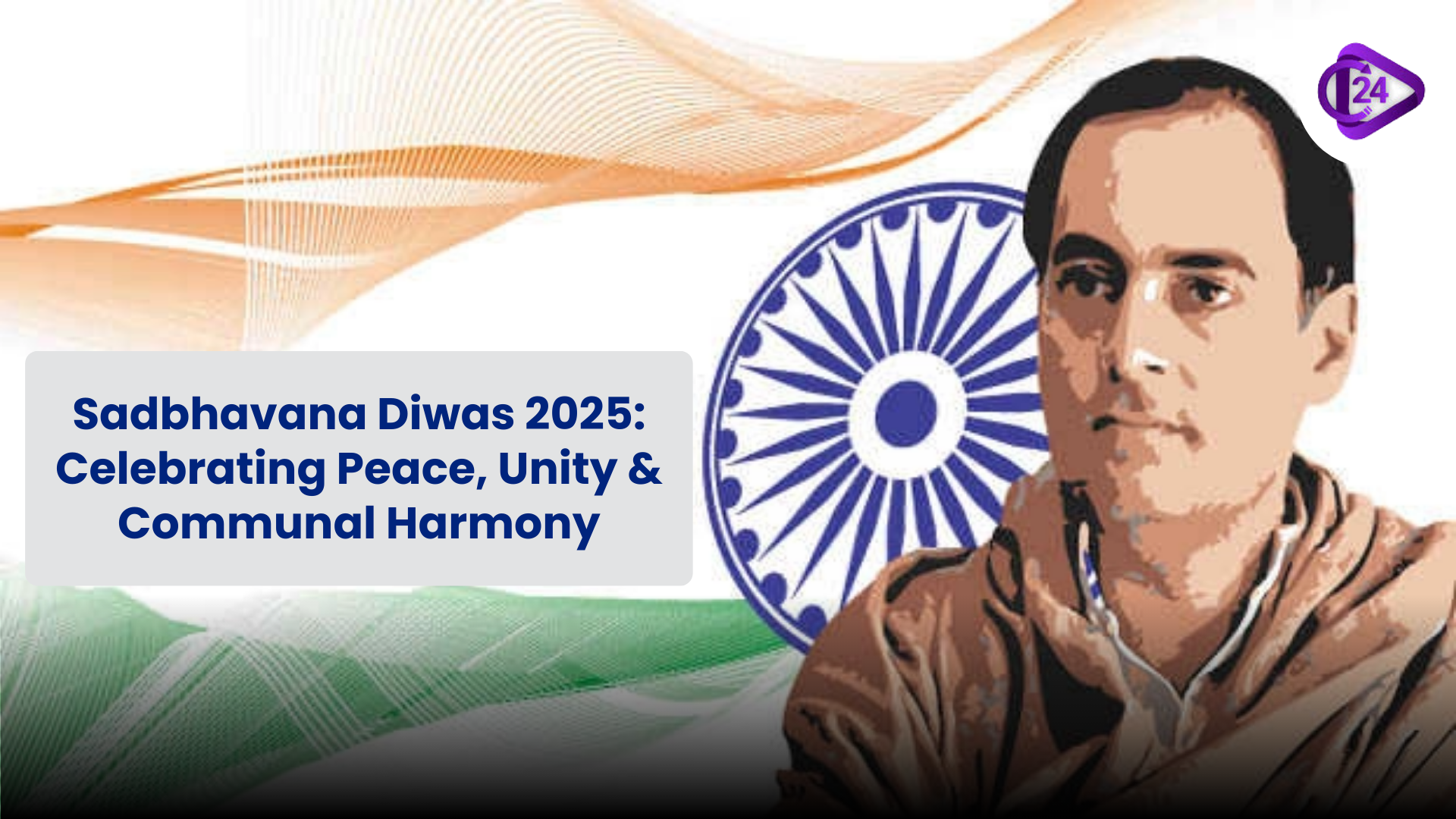 Sadbhavana Diwas 2025: Celebrating Peace, Unity & Communal Harmony
Sadbhavana Diwas 2025: Celebrating Peace, Unity & Communal Harmony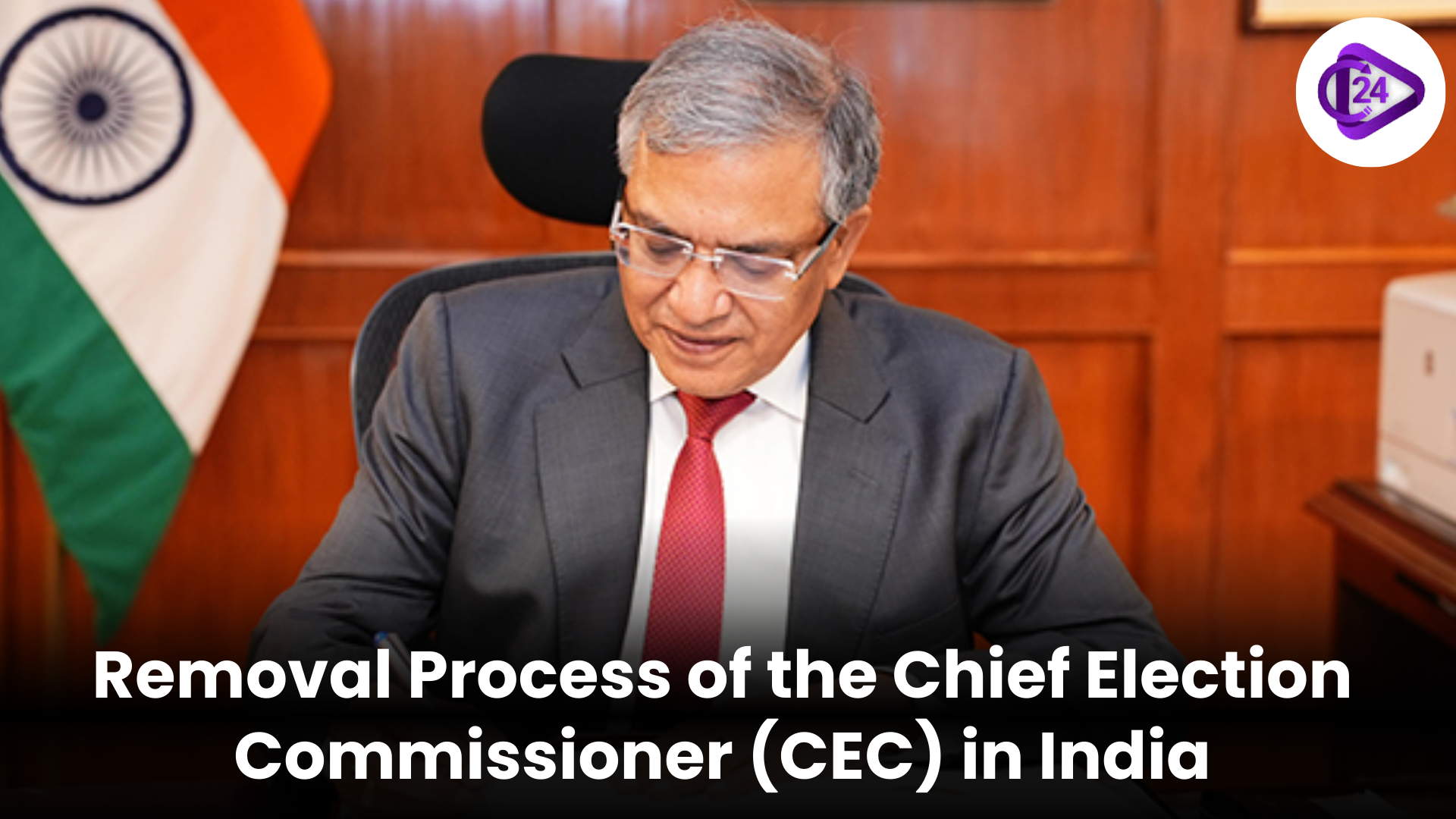 Removal Process of the Chief Election Commissioner (CEC) in India
Removal Process of the Chief Election Commissioner (CEC) in India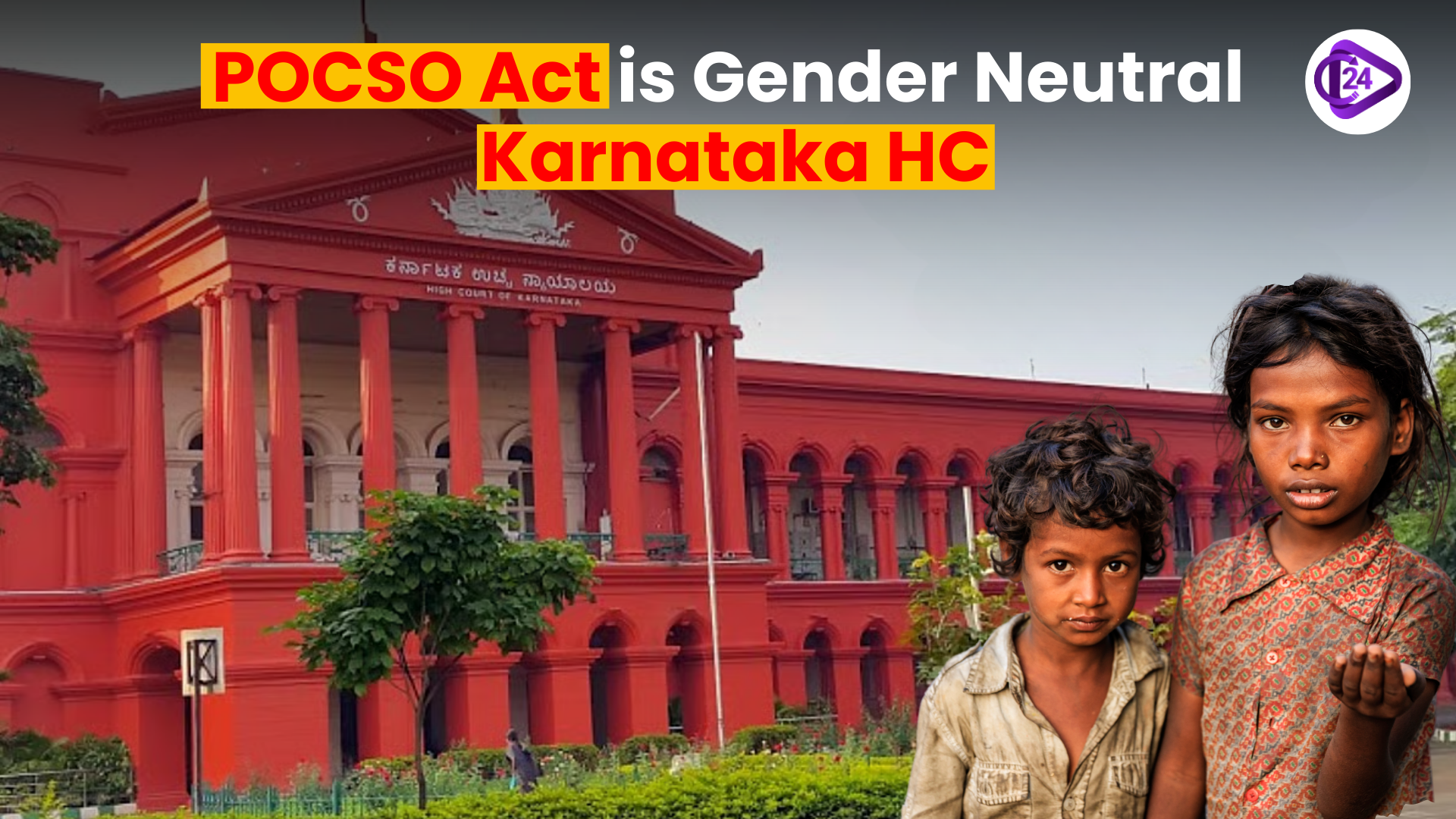 POCSO Act is Gender Neutral: Karnataka HC
POCSO Act is Gender Neutral: Karnataka HC NAVYA (Nurturing Aspirations through Vocational training for Young Adolescent Girls)
NAVYA (Nurturing Aspirations through Vocational training for Young Adolescent Girls) PM Inaugurates UER-II, Dwarka Expressway: Boost to Connectivity and Economy
PM Inaugurates UER-II, Dwarka Expressway: Boost to Connectivity and Economy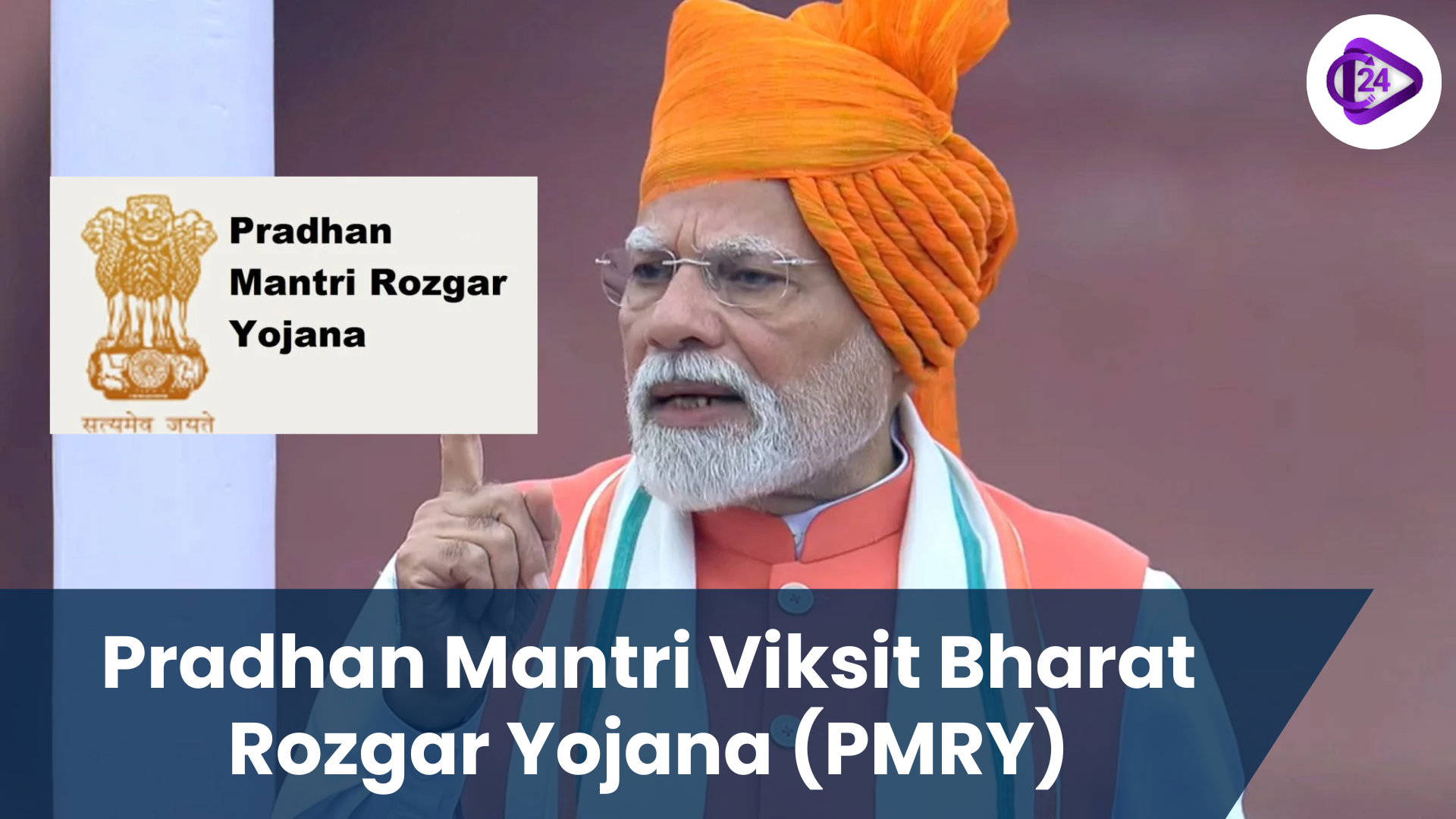 Pradhan Mantri Viksit Bharat Rozgar Yojana (PMVBRY) – A Push for Youth Employment
Pradhan Mantri Viksit Bharat Rozgar Yojana (PMVBRY) – A Push for Youth Employment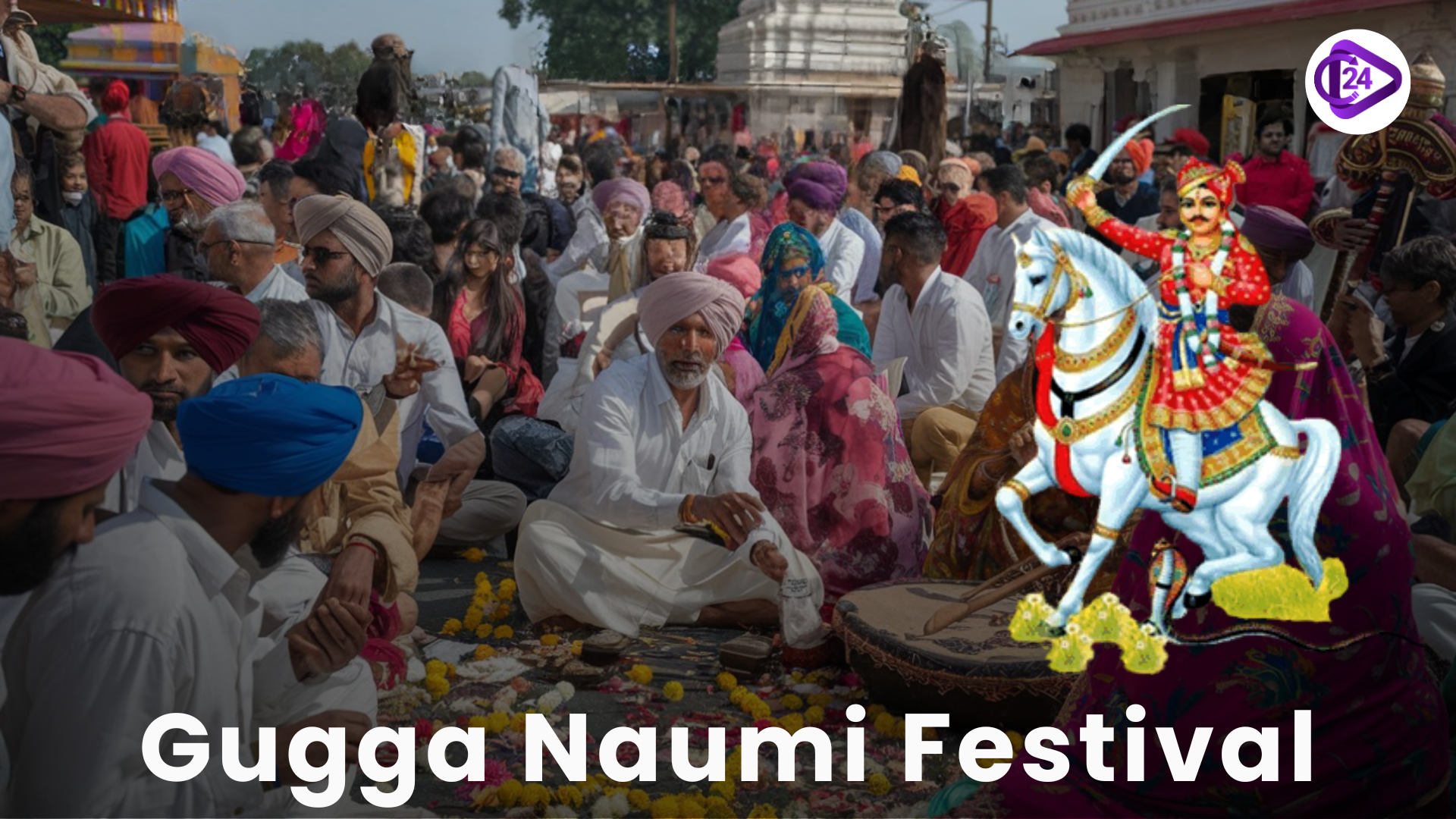 Gugga Naumi Festival: Folk Devotion and Cultural Unity in India
Gugga Naumi Festival: Folk Devotion and Cultural Unity in India India’s First Private EO Satellite Constellation under PPP Model
India’s First Private EO Satellite Constellation under PPP Model India Achieves 100 GW Solar PV Module Manufacturing Capacity under ALMM
India Achieves 100 GW Solar PV Module Manufacturing Capacity under ALMM






